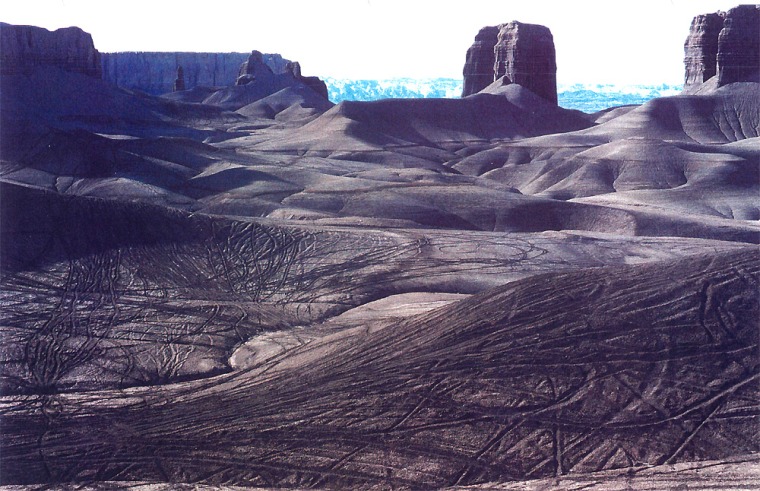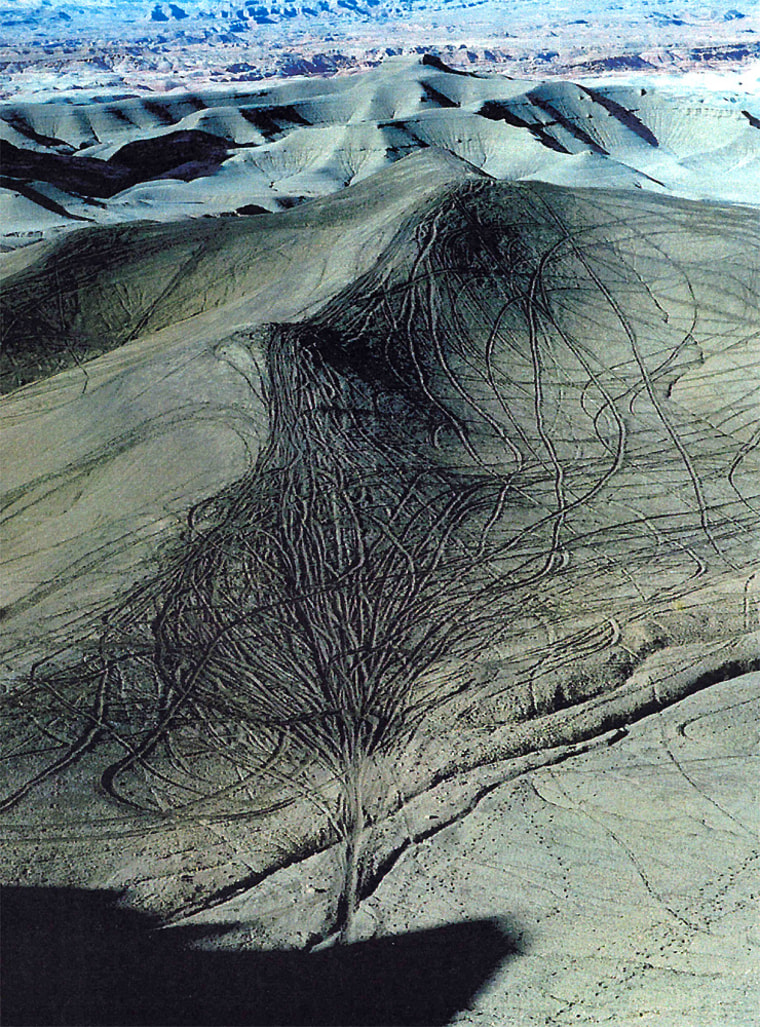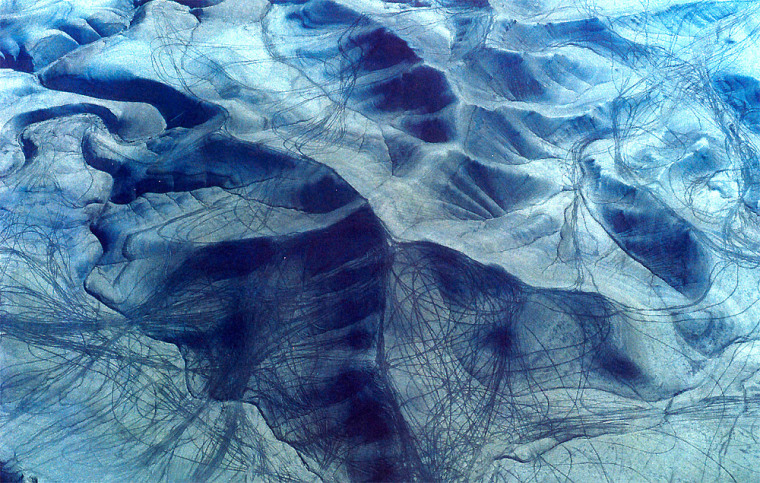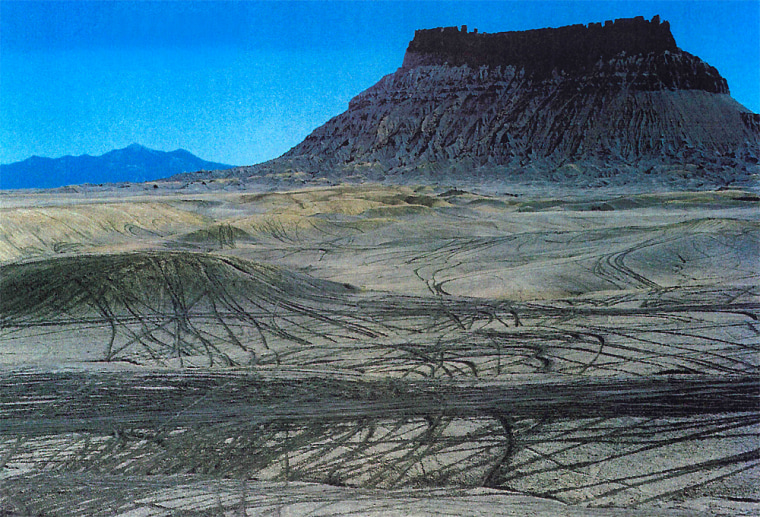Supreme Court justices are weighing a lawsuit accusing the Bush administration of doing too little to protect undeveloped public land in Utah from off-road vehicles.
In oral arguments Monday, Justice Sandra Day O’Connor said she was disturbed by photographs of damage to the areas — a landscape that includes sand dunes and ancient stands of ponderosa pines.
At the same time, O’Connor said critics of land managers seemed to be trying to use a legal shortcut to force changes.

“It’s not like we’re trying to take over running the agency,” responded Paul Smith, a lawyer representing an alliance that includes the Southern Utah Wilderness Alliance and attorneys-general from 14 states.
But Chief Justice William Rehnquist said that's exactly what it sounded like.
Background to case
The court is considering whether a judge can force the federal Bureau of Land Management to more aggressively safeguard the land, which is being considered for wilderness designation.

The case asks the court to clarify when a federal agency can be sued for failing to follow a congressional mandate. In this case, the mandate involves preserving areas that may be considered for special government protection.
The activists contend they are only preserving a check and balance that protects America's public lands.
The Bush administration maintains that the lawsuit filed in 1999 by the environmental groups was premature because it did not challenge a final agency action, only day-to-day management decisions.
When to sue?
Deputy Solicitor General Edwin Kneedler said Monday that there are procedures for complaints, but the lawsuit was not the proper one.
Smith countered that the bureau was using inaction to avoid lawsuits. Courts need to be able to force agencies to follow the law, he said.

“That’s putting the district judge in the place of the secretary of interior,” Justice Antonin Scalia said.
Justice Ruth Bader Ginsburg said the groups could have asked agency leaders to close the areas to off-road vehicles, then followed up with a challenge if they refused.
The Denver-based 10th Circuit Court of Appeals ruled that the department could be sued for allowing damage to the lands. Justices will decide by July whether to overturn that decision.
The case is Norton v. Southern Utah Wilderness Alliance, 03-101.
